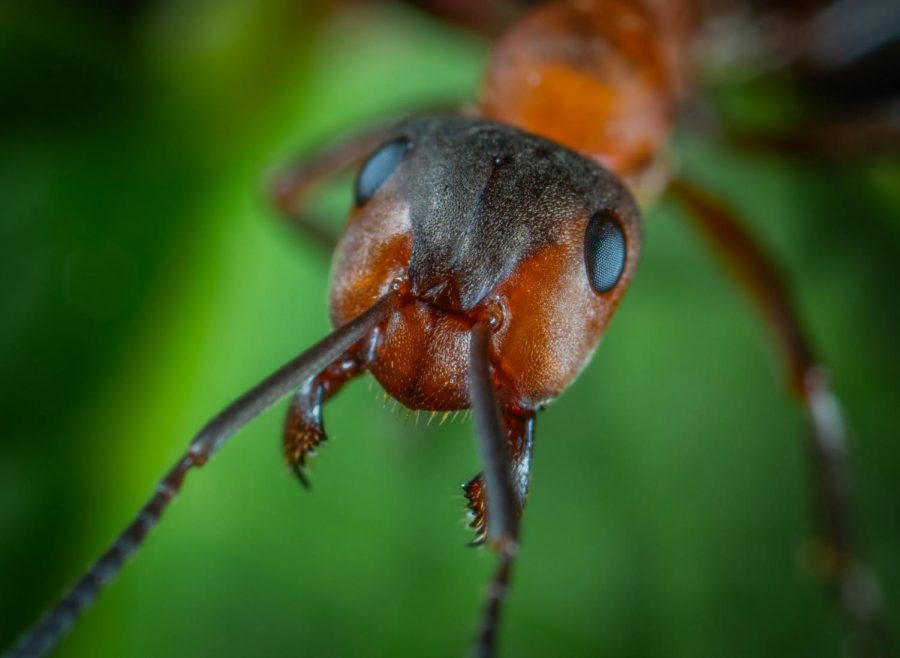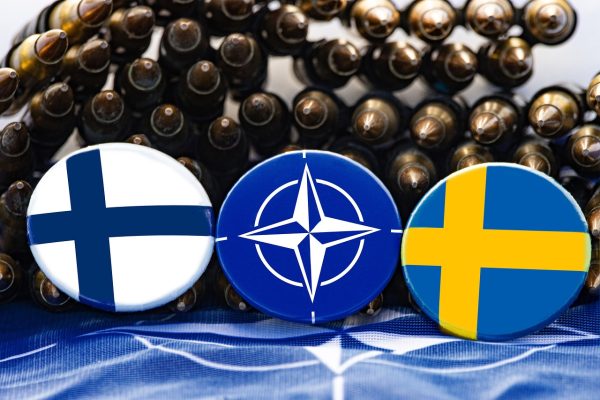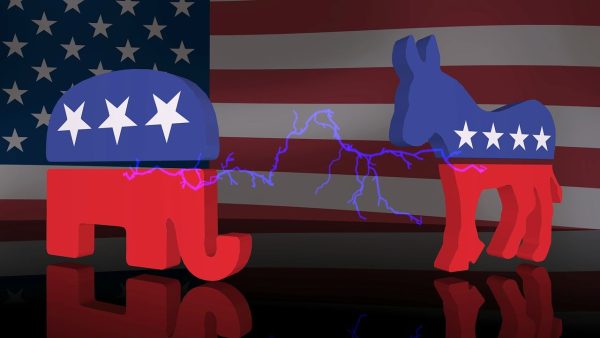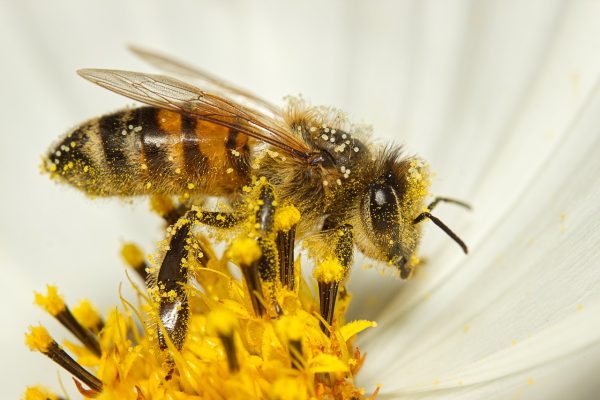Emergence of the Complexity
When Hydrogen is in gas form, it is highly flammable and explosive, but when the same hydrogen forms a bond with oxygen, it becomes a flame extinguisher. Water has entirely different properties compared to the properties of the atoms that make it up. The same phenomenon can be observed in living things. Take an ant as an example. An ant on its own is pretty dumb (no offense). It lacks a complex brain and is not likely to make anything remarkable. However, when these ‘dumb ants’ combine and from colonies, they do things that would have been impossible to do independently. An ant colony can construct complex structures. Some colonies keep farms of fungi, and others take care of cattle. They can wage war or defend themselves. How can a bunch of stupid things do smart things together? This phenomenon is called emergence, and it’s one of the most fascinating and mysterious features of our universe.
To put it simply, emergence is the condition of an entity having properties its parts do not have. Emergence is complexity arising from simplicity. Molecules form proteins, proteins make up cells, cells make up organs, organs form individuals and individuals form societies. For example in ants, let’s suppose that there are four groups, workers, gatherers, caretakers, and soldiers. Unfortunately (because we were rooting for the ants), a certain malicious anteater ate most of the gatherers. If the balance is not restored, the colony will starve and eventually die. The problem is how do we tell that to all the ants? Well, we can’t, and we don’t (apparently, ants too don’t like listening to announcements and checking their emails). The ants go around identifying each other and keeping a count. If a certain caretaker ant realized that gatherer count is less than a critical number, it changes its profession and becomes a gatherer (similar to when you do your sibling’s chore, because you know that they are not going to do it). Every ant that notices this, changes its occupation until there are enough gatherers. The balance is restored all by itself. The actions and interactions of an individual are random. You can’t plan which ant will encounter which other ant. But, the simple set of rules is so elegant that a colony’s many operations emerge as a consequence. If you think this is cool, wait till we talk about the next thing.
Hundreds of millions of complicated molecules interact to form and maintain a sophisticated and astonishing structure. A being with vastly different properties than the sum of its dead parts emerges — the smallest unit of life: a cell. We still don’t have a clear understanding of what life is or what is a living being, but we do know that they are made up of things that are not necessarily alive (I am sorry Abiogenesis Theory fans, it’s not what you are thinking). These cells then combine to form you, a beautiful and unbelievably remarkable individual. Your every body part is so incredibly complex and sophisticated; it is hard to imagine that it’s just a bunch of dumb things working together. Similar to ants, our cells communicate with other cells and then work together. Surprisingly, there is no mastermind to tell them what to do and, no, the brain does not have control over everything that is happening in our body, even the cells that make up our brain. All the complex structures that surround us, emerge from us. Even if we don’t intend to, we are continually creating. Order through disorder is a phenomenon that is widely observed throughout the universe.
The most intriguing part about this is the question of what is consciousness? Is consciousness an emergent property? If yes, how do things and beings become conscious? Find out in the next issue.











